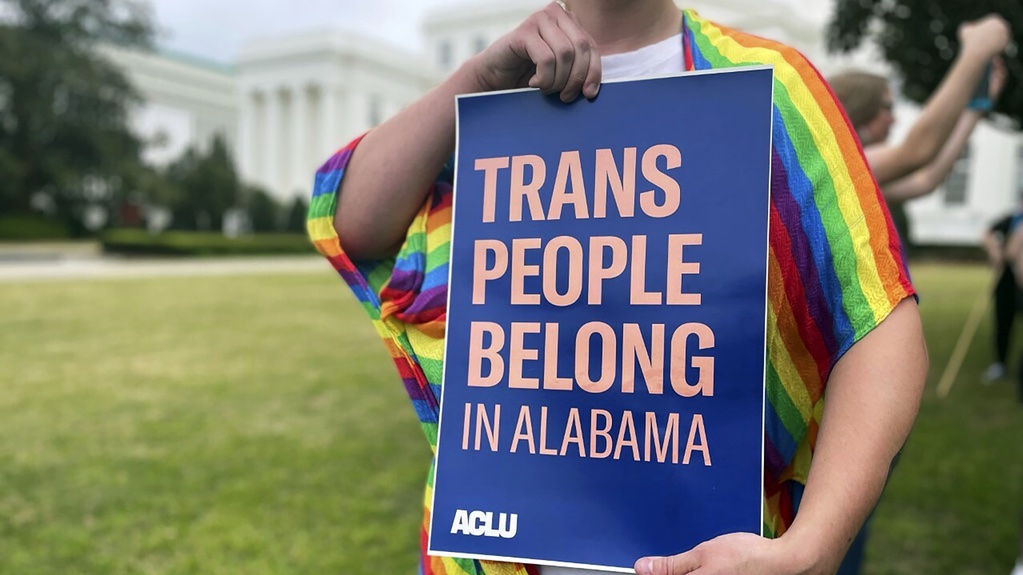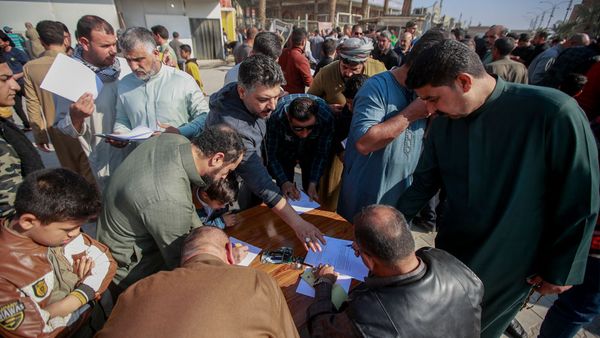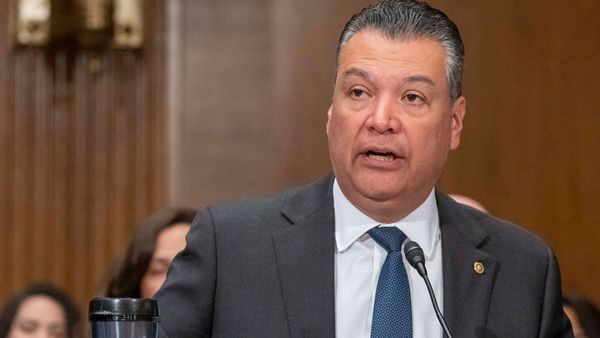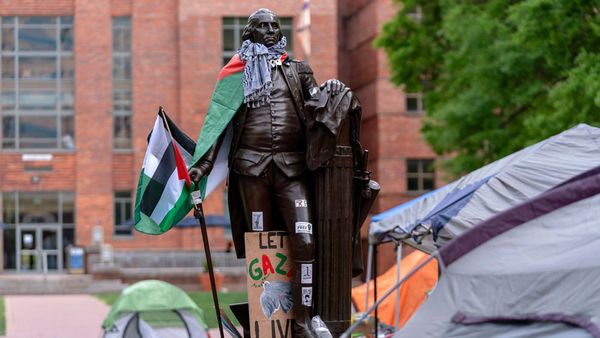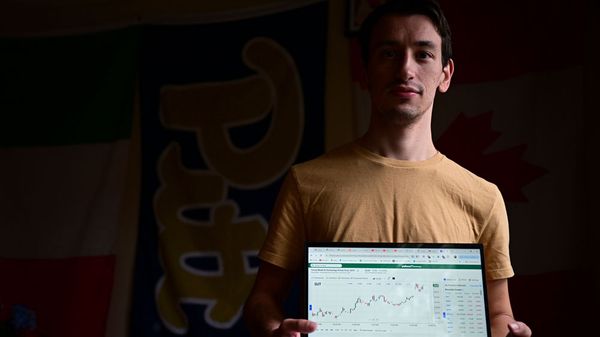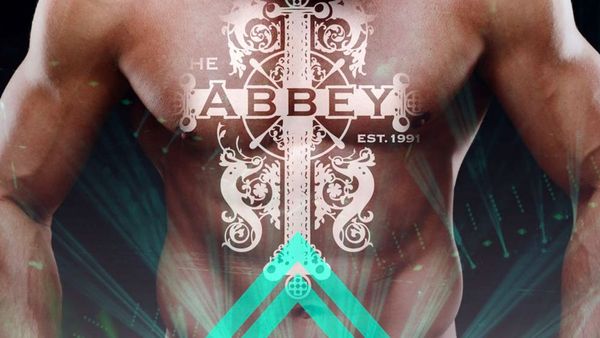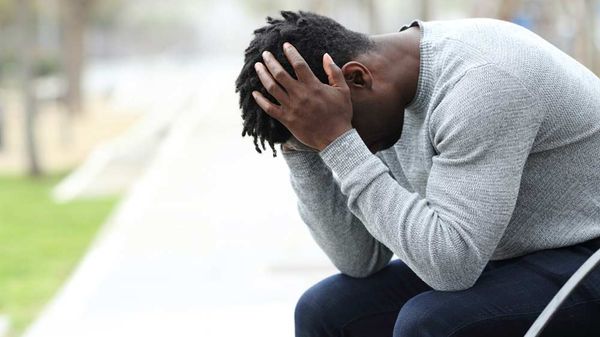June 4, 2010
Bias-Motivated Beating at Washington School Raises Safety Questions
Kilian Melloy READ TIME: 5 MIN.
Though safe schools programs have done much to increase awareness about anti-gay harassment and other forms of bullying, school is still a tough place to be for many GLBT youths--not to mention straight kids who are perceived as gay, or simply labeled that way as a means of putting them down.
Anti-gay activists, often motivated by faith-based homophobia, have targeted safe schools organizations such as the Gay, Lesbian, and Straight Education Network (GLSEN) and events designed to draw attention to the plight of GLBT youth such as the Day of Silence, a day on which students across the nation stick to a vow of silence while outside of class. The event is meant as emblematic of gay teens' lack of voice, but anti-gay groups characterize it as an attempt to force students to accept homosexuality. In recent years, anti-gay religious groups have encouraged parents to pull their children from schools during the Day of Silence, in hopes of affecting the schools' federal funding and pressuring them to ban the annual event.
Last November, at one school in Washington state where, in 2008, a local anti-gay pastor led over 100 demonstrators in a prayer vigil and called on parents to pull their children from classrooms rather than allow them to see classmates observing the Day of Silence, a 14-year-old boy was assaulted by schoolmates and left with a fractured eye socket, two missing teeth, and a concussion--because the boy stood up for a classmate who had been perceived as gay and suffered harassment over it, a June 3 Seattle Times story reported.
The young man who had sought to defend his friend was a student at Mount Si High School in Washington's Snoqualmie Valley. The previous year, that school was the site of demonstrations organized by local anti-gay pastor Ken Hutcherson, who called on parents to take their children out of the school in the Day of Silence. The victim in the November, 2009, attack was struck repeatedly in the face, knocked down, and then kicked by an older student, the newspaper article said. The 16-year-old charged in the assault was reportedly egged on by another 16-year-old, who the account said initiated harassment against the student who was perceived as being gay at the time of the incident.
The assault took place in the boys' locker room, the story recounted. The boy who had suffered bias-motivated bullying had been anxious because of ongoing harassment by a group of boys who taunted him with anti-gay slurs, so his friend offered to protect him. When the 16-year-olds began to harass the boy they perceived as gay, the 14-year-old who had offered protection stood up to the older boys. That was when the assault took place. A security camera outside the locker room recorded the assailant as he exited into the hall, the story said, but the attack and beating was not captured on video.
The 16-year-old who is accused of inciting the incident reportedly instructed the assailant to attack, but he denied this to authorities.
The injured boy then encountered what seems, in retrospect, like an incredible array of unhelpful decisions from the school's administration. The newspaper account said that no medical help was called for the boy until over an hour later; his parents were not notified of the attack in a timely manner; the boy was sent back to the locker room to look for his own broken teeth; and the administration refused to notify the student body about the assault.
Moreover, administrators did not follow up by questioning the assailant or the victim; nor did they remove the assailant from a class he shared with the victim. Nor did administrators notify teachers about the assault, the article said. Administrators told the media that confidentiality rules prevented teacher notification. The rules allow school wide announcements to be made about assaults as long as they protect the privacy of the parties involved, but administrators cited those rules as a reason why a general announcement was not made.
"Circling the Wagons"
"When we asked to be heard, they were defiant. Instead of protecting the youth in their school, their purpose seemed to be to circle the wagons and protect themselves," the mother of the boy perceived as gay told the newspaper. She also told the press that her son had been targeted and labeled as gay because his voice had not yet broken.
The mother said that her son had suffered bias-motivated bullying for weeks before the attack. But the school's administration said that they had not been informed of the harassment.
The mother of the assault victim said that she was called nearly an hour after the attack on her son, by which time his injuries had made him "unrecognizable." But it wasn't administrators who made the call to the boy's mother; it was the boy himself, she said.
School principal Randy Taylor told the paper that administrators thought it was simply a fight between students. "We viewed this as a regrettable incident and were really sorry that one of our students got hurt. We were not aware of the gay factor until weeks later." The school's policies include a zero-tolerance policy regarding bullying, the paper said.
The school's assistant principal, Cindy Wilson, said that the administration had "made a lot of effort to accommodate" the victim with offers of tutelage to help him make up missed school time. "We wanted so much for him to come back and succeed." However, the victim's parents withdrew him from the school, as did the parents of the boy who was harassed over perceptions that he was gay. The boys may have to repeat the ninth grade as a result of the upheaval, the article said.
Others regard the school as unwilling to stand up for its GLBT students because anti-gay religious activists have already targeted it. Josh Friedes of Equal Rights Washington went to school board meetings in 2008 over the Day of Silence controversy; according to Friedes, Superintendent Joel Aune did not stand up for GLTB youth at those meetings, and told the press that, "The absolutely uncontroversial proposition, that all students should be safe at school, was eclipsed by a belief that there was a gay political agenda" behind the Day of Silence.
One of the school's own teachers, George Potratz, told the media that in the wake of the anti-gay religious activism targeting the school, students "feel entitled and empowered to aggressively voice their intolerant attitudes."
The religious protesters did not have a prayer meeting this past April when the 2010 Day of Silence was observed--but about a third of the school' students did not come to classes that day, the article said.
A 2002 state law, The Anti-Harassment, Intimidation, and Bullying [HIB] Act, bans bullying, and 92% of the state's school districts have adopted comprehensive anti-bullying in compliance with the law, a 200-3 Safe Schools Coalition report on Washington schools said. The state law, as well as the school policies, bans bullying based on sexual orientation, among other bias factors.
Last March, the state's lawmakers passed a related law that requires schools to be proactive about complaints related to bullying, including online publication of policies regarding bullying and harassment, a March 11 posting a PFLAG website reported.
There are no federal protections for GLBT youth in place, although federal law bans bullying based on other bias factors. Sen. Al Franken, Democrat of Minnesota, has sponsored a bill that would extend federal protections to GLBT students.
"Our nation's civil rights laws protect our children from bullying due to race, sex, religion, disability and national origin," noted Franken. "My proposal corrects a glaring injustice and extends these protections to our gay and lesbian students who need them just as badly."
Kilian Melloy serves as EDGE Media Network's Associate Arts Editor and Staff Contributor. His professional memberships include the National Lesbian & Gay Journalists Association, the Boston Online Film Critics Association, The Gay and Lesbian Entertainment Critics Association, and the Boston Theater Critics Association's Elliot Norton Awards Committee.

